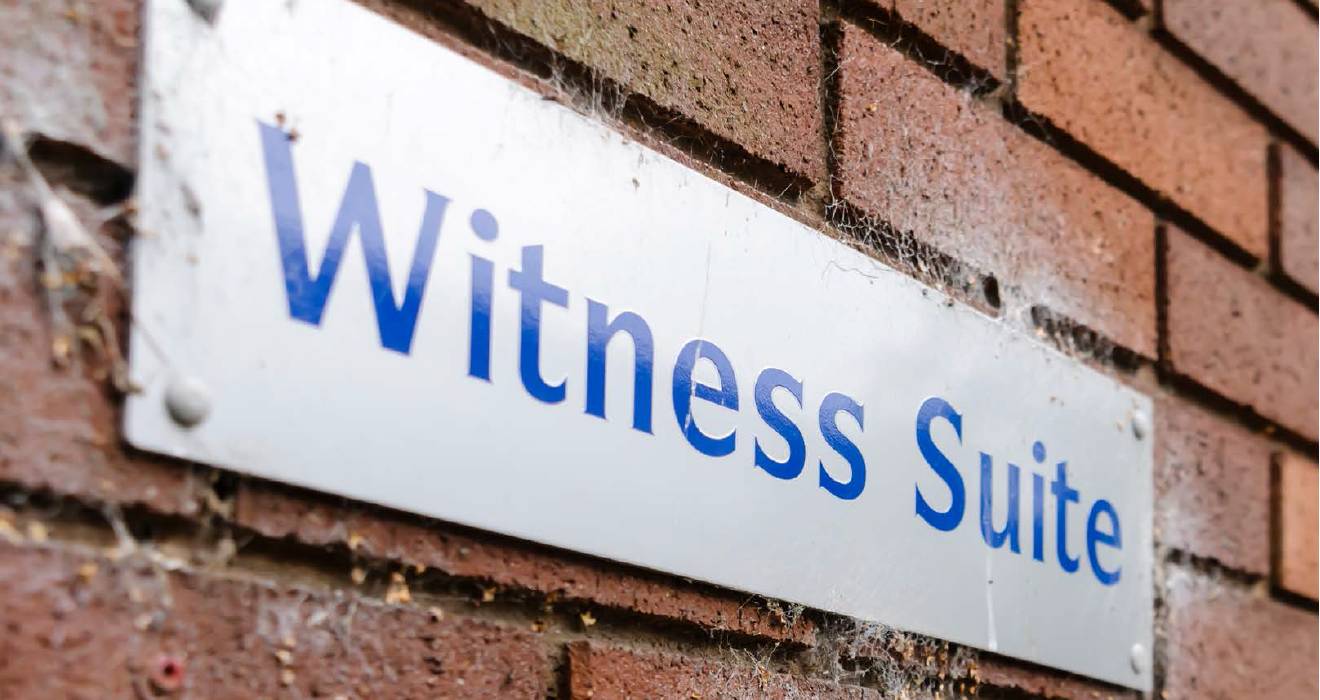Giving evidence earlier allows vulnerable people to do so closer to the time of the alleged offence. For many, this can be particularly important as their recall may be adversely affected by the passage of time.
It also enables some of them to put their experiences behind them sooner, rather than wait in anticipation for the trial. This can be critical in cases involving children as well as sexual offences, where attention can then be focused on the recovery process.
The value and benefit of this special measure, for all parties, is undisputed and welcomed by all those who have seen it in action, including victim and witness support services, NSPCC, the Victims’ Commissioner and the judiciary.
How it works
A judge will set the timetable, usually at the plea and trial preparation hearing, for a ground rules hearing, section 28 hearing and trial. The ground rules hearing is held prior to the section 28 hearing and is when the questions to ask the child or vulnerable witness during the cross-examination are agreed by all parties with the help of an intermediary, where assigned.
At the section 28 hearing itself, the judge and counsel meet the witness, who will have witness support in place, in the witness suite. The witness then gives their evidence over a video link from there, and it is seen by everyone in the courtroom, including the defendant. This is the same process for video live links. The video recorded cross-examination is then played at the trial.
Progress so far
 Section 28 was partially available from December 2013 - in Leeds, Liverpool and Kingston-upon-Thames Crown Courts - for child witnesses under 16 or witnesses vulnerable due to physical or mental disability. In January 2017, the provision was extended to all child witnesses under 18. We waited until we were completely confident in the quality of the recordings before rolling it out further.
Section 28 was partially available from December 2013 - in Leeds, Liverpool and Kingston-upon-Thames Crown Courts - for child witnesses under 16 or witnesses vulnerable due to physical or mental disability. In January 2017, the provision was extended to all child witnesses under 18. We waited until we were completely confident in the quality of the recordings before rolling it out further.
The service was then introduced for the first time, for child and adult vulnerable witnesses, to six additional Crown Courts around the country. The introduction of a further nine courts, in February this year, means that section 28 has been available for vulnerable witnesses in at least one court in every region.
In June 2019, it was extended to adult complainants of sexual offences and modern slavery offences in the three original courts offering section 28. This is an ongoing pilot and its evaluation, delayed by COVID-19, will help to inform decisions on any further rollout.
Next steps
We are now taking steps to rollout section 28 to all Crown Courts by the end of the year. This started, in August, with 16 new Crown Courts primarily in and around London.
We rightly take great pride in how fast and effectively we were able to adapt our services and ways of working when we had to over the last few months. I am confident that the national rollout will not only support courts as part of their recovery from the coronavirus, but will benefit many more victims and witnesses.
We are really keen to hear feedback from those CILEx members who have been involved in section 28 cases, and I would strongly encourage you to pass on your views, comments and reflections to the crime team here at HMCTS. It is all vital information to make sure we get things right and keep improving the service. I can assure you that we carefully review every bit of feedback we get and take it all on board.
I am so grateful for the support the team has received from the judiciary, court staff, legal professional associations and victim and witness support services. We are united with a common purpose - not just in keeping the system running, but also carefully considering impacts on those who use the courts and services too.
HMCTS has temporarily appointed current Deputy Chief Executive Kevin Sadler to the role of Acting CEO of HMCTS.
Kevin was previously Chief Executive of the Tribunals Service and has worked in the Department of Social Security, Cabinet Office and Department of Work and Pensions. He also held roles in the Department for Constitutional Affairs where he oversaw change and restructuring across the former department and ran the project to create the Ministry of Justice.
Susan Acland-Hood has been made Acting Permanent Secretary at the Department for Education.
 About the author: Kevin Sadler is acting chief executive at HM Courts and Tribunals Service.If you are a witness or victim of crime, the police, witness care services, and all those involved in the criminal justice system, work hard to support you through every step of the justice process. For many people, however, presenting evidence and being cross-examined in open court can still be a daunting prospect.
About the author: Kevin Sadler is acting chief executive at HM Courts and Tribunals Service.If you are a witness or victim of crime, the police, witness care services, and all those involved in the criminal justice system, work hard to support you through every step of the justice process. For many people, however, presenting evidence and being cross-examined in open court can still be a daunting prospect. As one of the special measures under the YJCEA, section 28 allows for pre-recorded cross-examination of witnesses to take place before trial, regardless of the offence. The recording is then played back during the trial itself, meaning they are not required to attend the trial in person.
As one of the special measures under the YJCEA, section 28 allows for pre-recorded cross-examination of witnesses to take place before trial, regardless of the offence. The recording is then played back during the trial itself, meaning they are not required to attend the trial in person. 